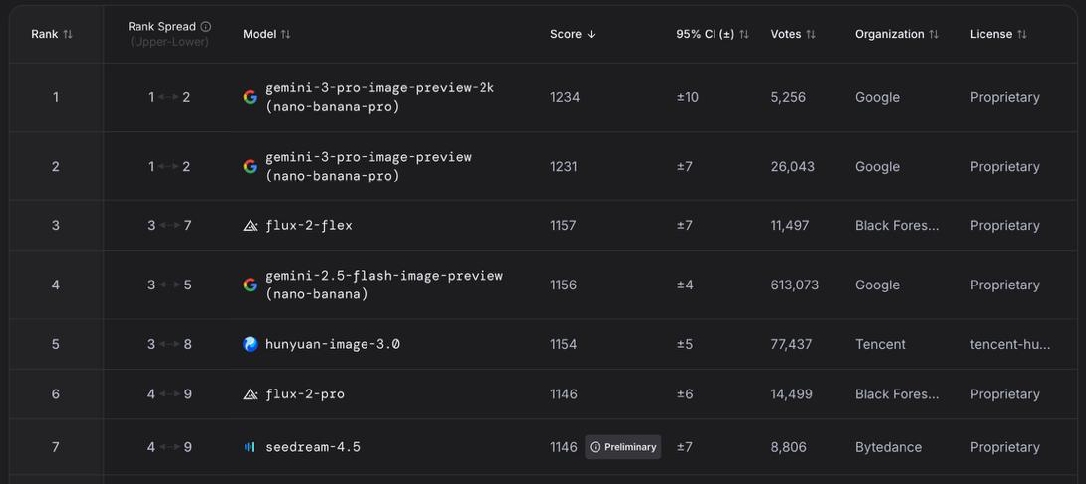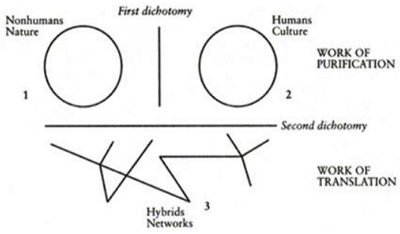

This two-part article analyzes the ancient and mystical origins of artificial intelligence (AI). First, it explains that AI has precedents in mystical thought and finds relevance in certain anthropological concepts. Next, we'll look at how ancient philosophy has helped to explain in advance the way in which we - and in particular students - use artificial intelligence as a “mental orthosis”.

This study explores the advent of AI civilization and the need to redefine humanity in the face of rapid technological advancement. Tracing the evolution of digital technology from simple automation to intelligent agents capable of independent decision-making, it turns out that the rise of AI and humanoid robots blurs the line between humans and non-humans, challenging the long-standing human-nonhuman dichotomy rooted in Western philosophy. Based upon the examination of the shifts in ontology, from Cartesian dualism to monistic and relational perspectives, this study suggests that humans, living beings, and objects are evolving in a connected, co-dependent system. The emergence of cyborgs, AI, and bioengineering raises critical question about the identity of the humanity. With AI and enhanced humans gaining agency, traditional definition of humanity become obsolete and demand for an extended concept of the human in the post-AI era is growing.

